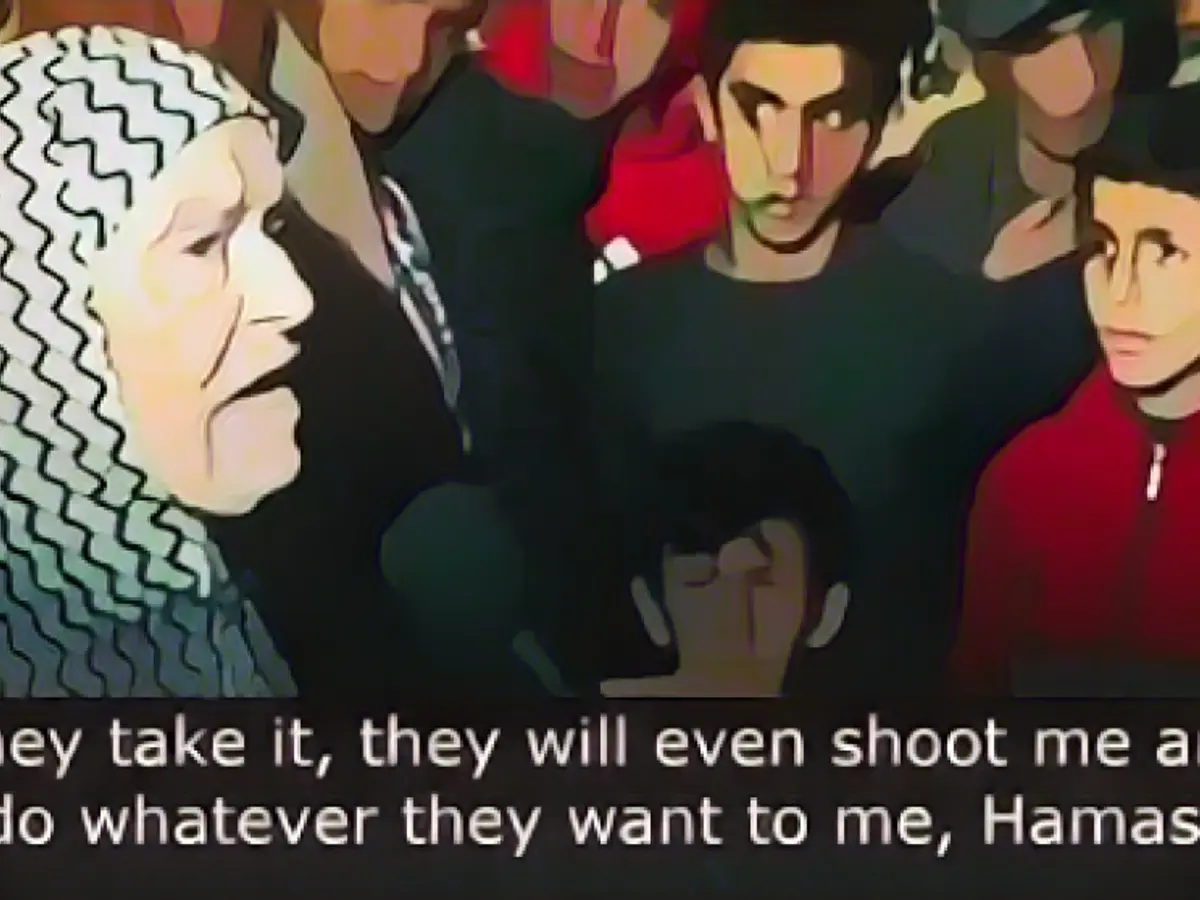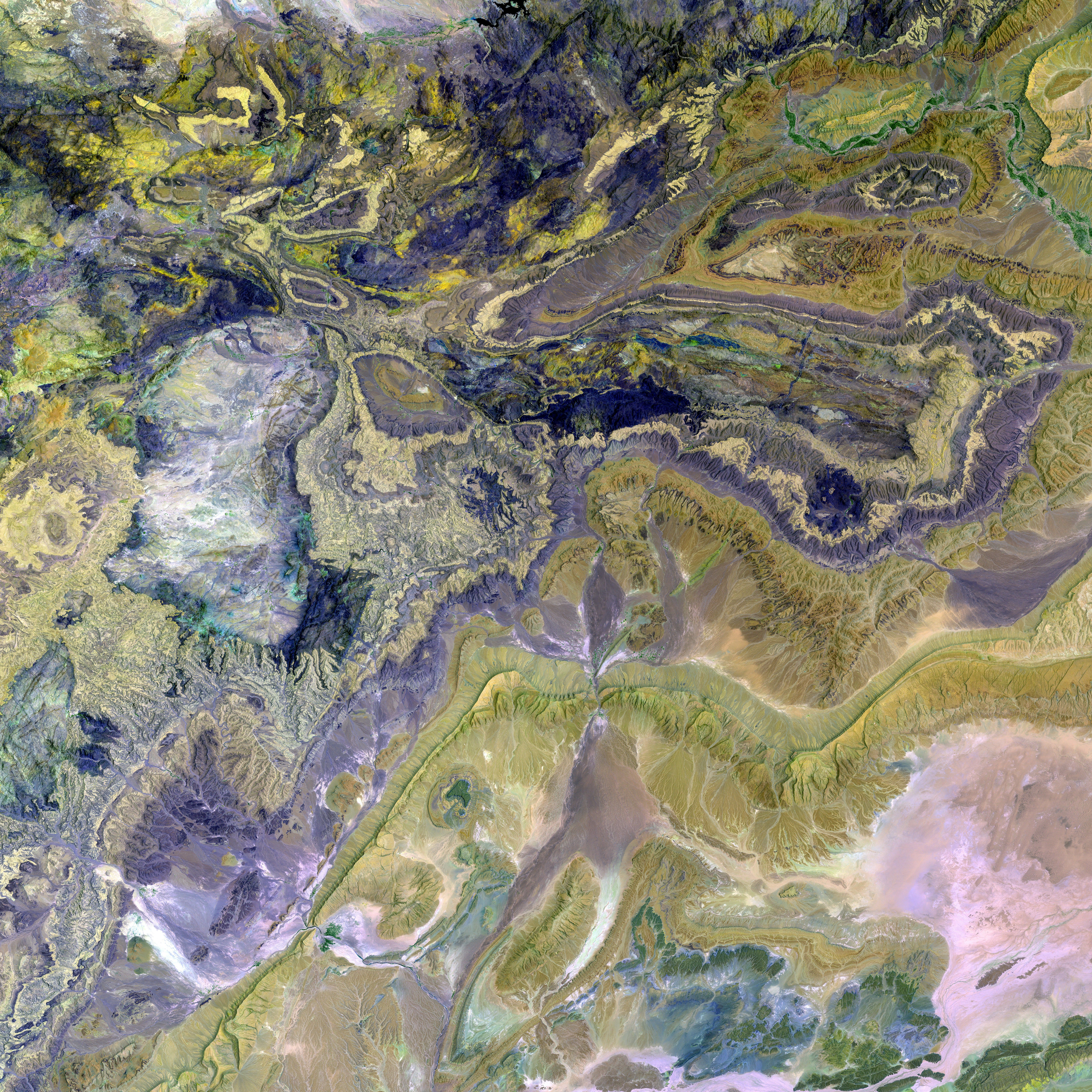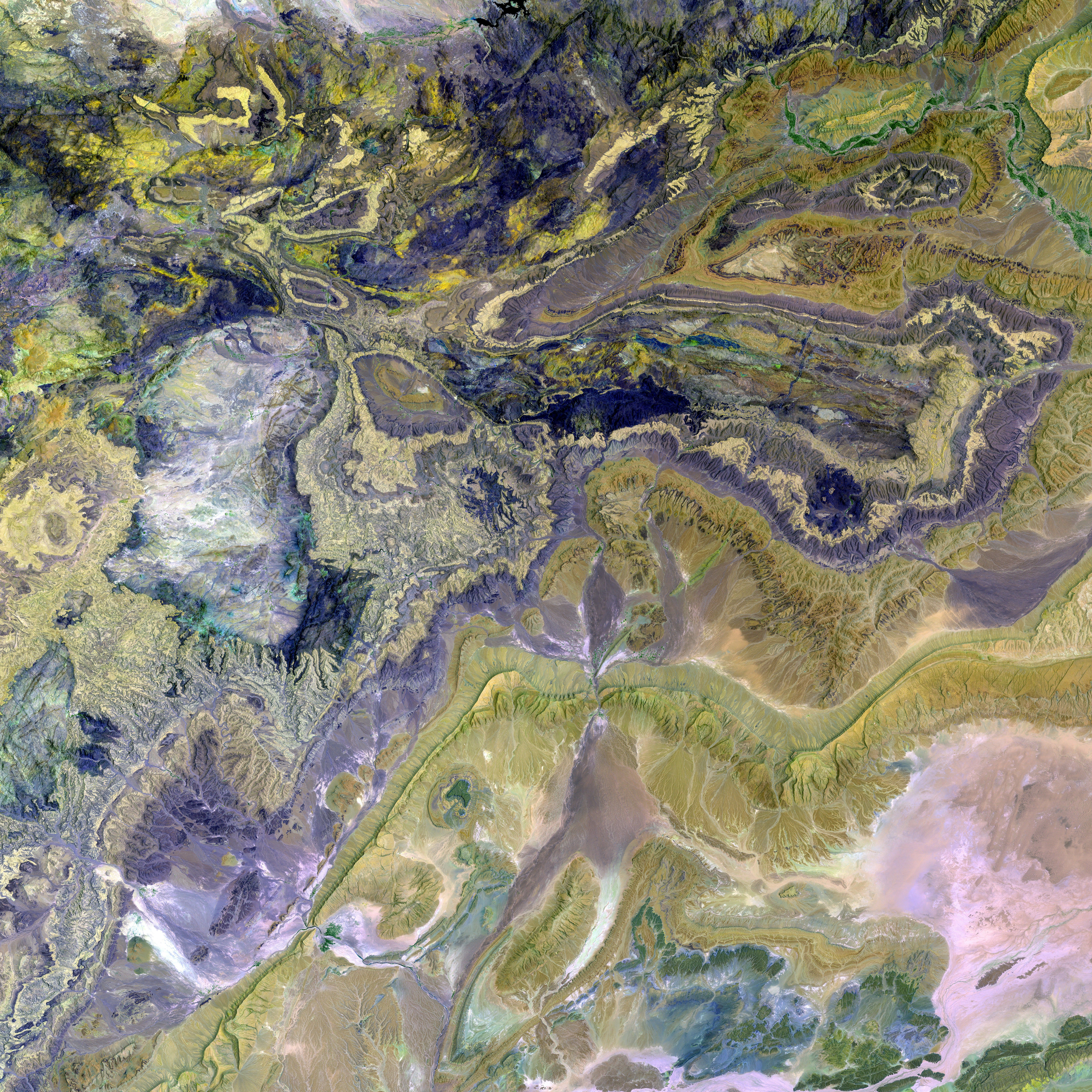Unfiltered Chat: A Gazan Woman Spills the Beans on Hamas' Aid Misuse
There's no pulling punches in this Al Jazeera interview clip circulating online. An elderly Gazan woman, showing no signs of holding back, tells the typically anti-Israeli broadcaster that its claimed humanitarian aid never reaches the locals - instead, it fuels Hamas' terror tunnels.
The woman, unapologetic, declares, "All aid goes down." Translation: straight into Hamas' hands. And to the interviewer's dismay, she reveals that the people aren't getting any help whatsoever. "The aid doesn't reach the people," she stresses, pointing her finger angrily. "Everything goes to their homes."
The situation deteriorates further when the woman accuses Hamas of taking aid, as she'd rather starve than have them receive it. Her resentment against the terrorists is palpable, as she threatens, "They'd rather shoot me, Hamas."
Israeli Prime Minister Benjamin Netanyahu's spokesman, Ofir Gendelman, reports that with Hamas' downfall, Gazan voices are finally rising against their oppressors. "The residents of Gaza have begun to criticize and condemn Hamas for the havoc it has wreaked - murder, subjugation, humiliation, and fear," Netanyahu's spokesman declares, adding that a better life awaits Gaza's populace post-Hamas.
Gendelman foreshadows the new Gaza, where security, stability, and prosperity reign, as no terrorist organization interferes.
Meanwhile, footage of Gazan refugees begging for help at UNRWA's De'ir Al Balah offices surfaced online, highlighting the desperate situation as the winter season weighs heavy. The UN agency's spokesperson addressed the harrowing conditions, pleading for an increased aid supply to help mitigate the hardships.
Factors to Consider:
- Injustice in aid distribution: Residents bear the brunt of the Hamas regime, as humanitarian aid intended for their use is misappropriated by terrorists.
- Grim conditions: Inflation, lack of essential items, and questionable distribution methods leave residents struggling to make ends meet.
- Israeli authorities' scrutiny: Inspections and restrictions, as well as concerns regarding double-use items, hinder the influx of aid into the Gaza Strip.
Expert Insights on Humanitarian Aid in the Gaza Strip
The distribution of humanitarian aid in Gaza presents unique challenges, as it caters to both positive and negative impacts on the local population.
Positive Impacts: 1. Enhanced aid flows: Since the ceasefire, inflows of aid trucks into Gaza have surged, aiding in food and basic necessities security for the residents. 2. Relief efforts: NGOs have reported success in midwifing the entry of aid trucks into the region, as Israeli authorities approved two crossing points. 3. Boosted World Food Program disbursements: The WFP distributed more food in Gaza's first four days during the ceasefire than in a typical war-affected month.
Negative Impacts: 1. Complex logistical challenges: With crumbled infrastructure and unexploded bombs lurking the streets, the distribution process faces obstacles. 2. Inflated prices and resale: Desperate residents are forced to purchase goods from black market middlemen who boost prices exponentially. 3. Lack of essential items: Shortages prevail for basic necessities such as tents, fuel, and heavy machinery, due to Israeli checks and Hamas accusations.
Criticism Against Hamas: 1. Looting and aid mismanagement: Residents grapple with looting conducted by civilians and criminal enterprises, complicating the aid distribution process. 2. Influence of shadowy middlemen: Black market presences and clandestine deals make it difficult for families to directly acquire vital resources. 3. Political instability: The lack of a strong political authority in Gaza following the assassination of Hamas leaders adds another layer of complexity to coordination with agencies.
Criticism Against Israel: 1. Restrictions on essential items: Iranian-backed Hamas accuses Israel of hindering the delivery of humanitarian aid, especially critical materials like tents, fuel, and heavy machinery, depleting available aid stocks. 2. Israeli inspections: Humanitarian agencies indicate persistent difficulties in importing some items, preventing them from entering Gaza due to Israeli inspections and the classification of certain materials as dual-use items.
Sources:








